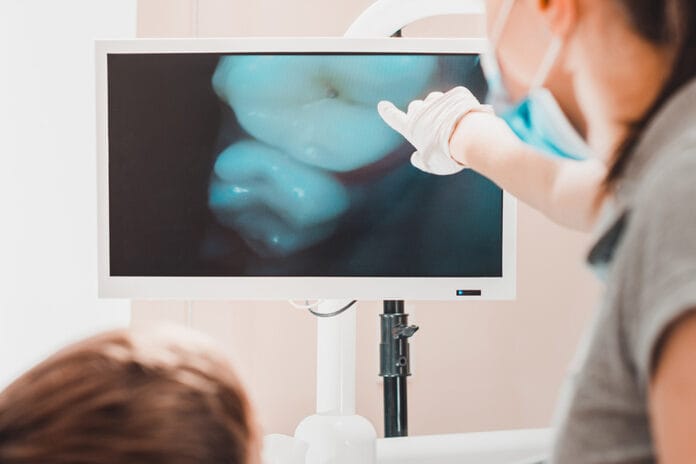Sharon Boyd, MA, RDH
Tips and Tricks for Managing Dental Patients With Sensitive Gag Reflexes
We’ve all had patients with hypersensitive gag reflexes who can’t sit through a single bitewing, lurch the moment your hand touches their lower incisors,...
Virtual Reality: Will Technology Help Dental Offices Manage Patients’ Anxiety?
As someone who works in dental communications, I'm constantly exploring new ways of interacting with patients to improve trust with providers and compliance with...
Trauma-informed Dental Care: How Dental Hygienists Can Help Foster and Adoptive Families
As a parent to three biological children, I had a lot to learn when we adopted our youngest child. My husband and I completed...
Taboo Topics: How Periodontal Health Impacts Sexual Health
Hygienists understand how important it is for patients to make the connection between their oral and systemic health. Those "other" health conditions can sometimes...
Examining Growth of Mid-level Dental Practitioners Inside and Outside the U.S.
Over the past several years, a push for mid-level dental practitioners has been underway to better provide care for at-risk and underserved populations. Mid-level...
Halitosis: Methods for Dental Hygienists to Broach a Sensitive Topic
Chronic halitosis is embarrassing for everyone. A dental patient with bad breath may feel too embarrassed to step foot inside a dentist’s office, and...
Dental Hygienists Can Detect Signs of Obstructive Sleep Apnea in Dentition
Dental professionals have a front seat view of the oral manifestations of underlying medical conditions, and obstructive sleep apnea is one of them. When...
Case Acceptance: Guiding Dental Patients through Treatment Planning via Imaging
One of the most effective ways to gain case acceptance in the dental practice is through “co-planning” each dental patient’s treatment. Co-planning is essentially...








